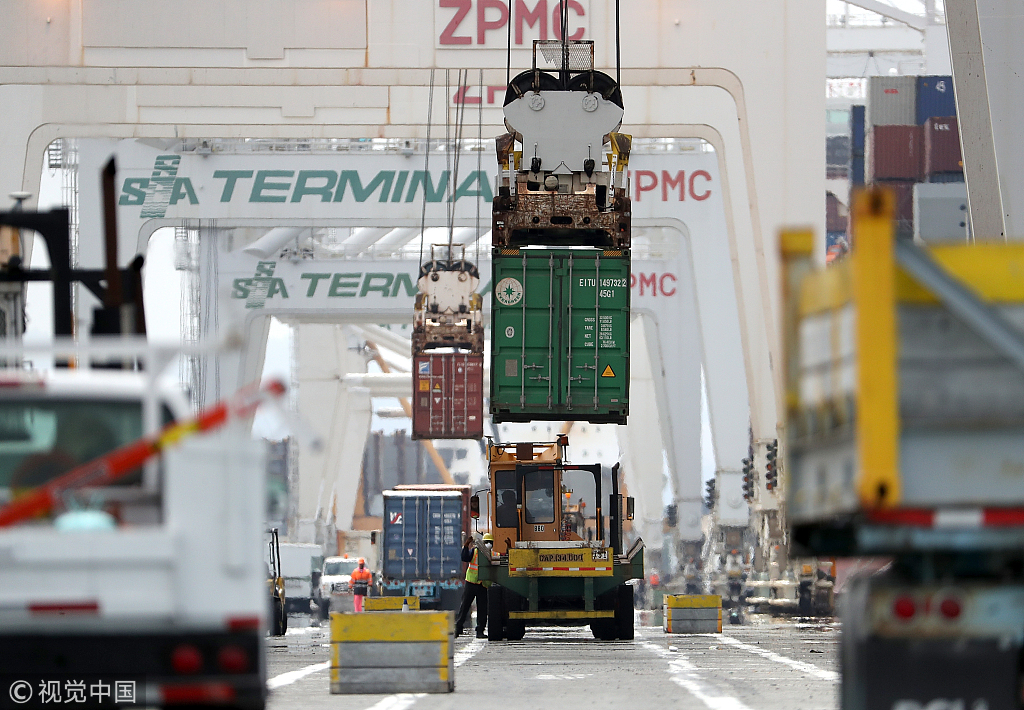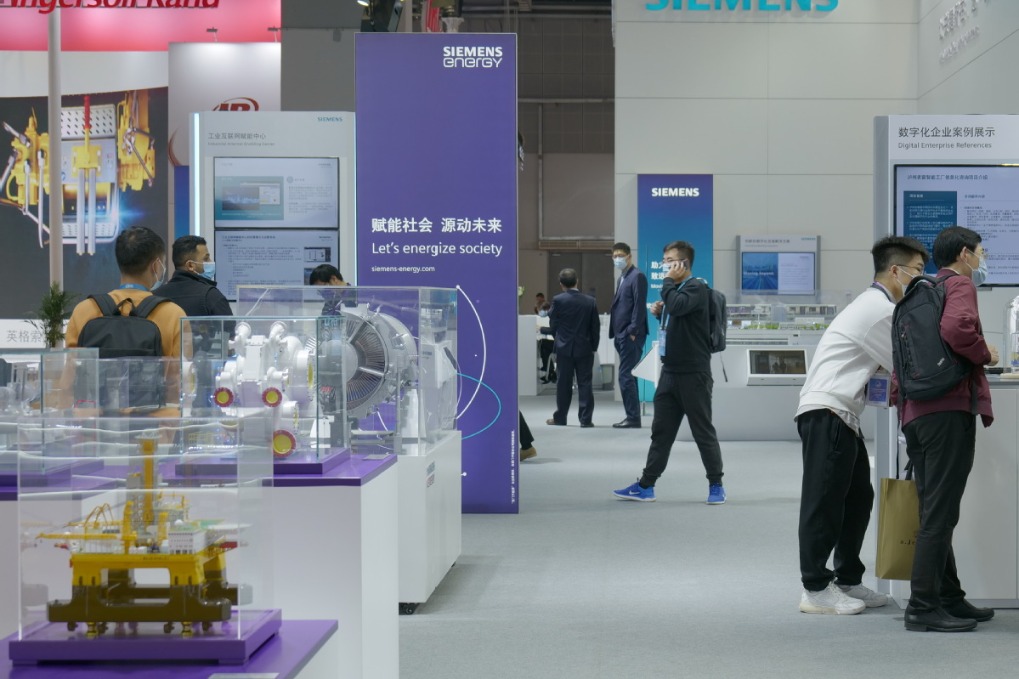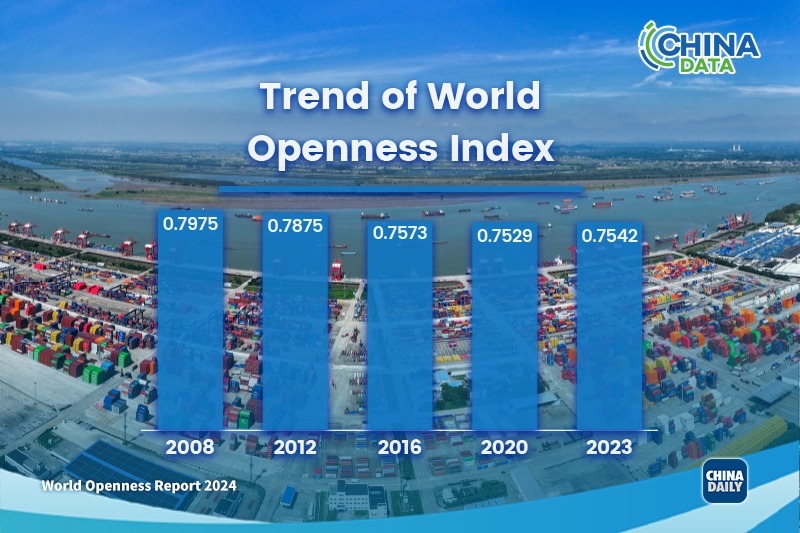China will outlast tariff war and emerge stronger: China Daily editorial


The Donald Trump administration would commit a serious mistake if it attempts to force China to make major concessions at the negotiation table in the face of its high tariffs on more Chinese goods.
Underestimating China's resolve to safeguard its legitimate interests, the United States will find its protectionist measures backfiring to harm its own industries and the American people, as indicated by the swift response of American business groups that condemned US President Donald Trump’s plans to impose tariffs on another $200 billion worth of Chinese imports from Monday.
Industrial groups such as the US Chamber of Commerce and the Retail Industry Leaders Association have said such tariffs will weaken the US' economic growth, and their impact would mainly be borne by US enterprises and families. "Now is the time for talks," the US National Association of Manufacturers urged in a statement.
Indeed, the US has invited China to a new round of talks to settle their trade disputes. But the new tariffs it imposed on Chinese imports on Monday show the US still prefers to use unilateral policies in an attempt to force China to accept its terms, and change its economic policies instead of engaging in talks on an equal basis to work out a solution acceptable to both sides. The new tariffs not only forced China to impose tariffs on $60 billion worth of US goods but have also added uncertainties to the proposed talks.
The two countries have had the opportunity to resolve their disputes through talks since early this year, but given Washington's refusal to give up its unilateral and protectionist stance, those talks, not surprisingly, have failed. Despite the failure, however, the Trump administration should realize China-US trade and other economic differences can be resolved only through talks.
If the US really wants to end the trade conflict, it should show more sincerity and adopt a down-to-earth, problem-solving approach.
The first batch of tariffs by the US and China against each other has shown the US' unilateral and maximum pressure tactics cannot force China to meet its insatiable demand. The new tariffs, too, will prove ineffective, as China had made it clear it would respond in kind to the US' tariffs.
In its four decades of reform and opening-up, China has more than once faced economic uncertainties due to external shocks, such as the 1997-98 Asian financial crisis and the 2008-09 global financial crisis, during which its economic growth fell sharply. But given its inherent resilience, China has always managed to find the proper solutions to put its economy back on track.
The trade conflict will not force China to succumb to US pressure. Instead, given its economic resilience, it will squarely face those challenges, find the right solutions, and emerge stronger.




































